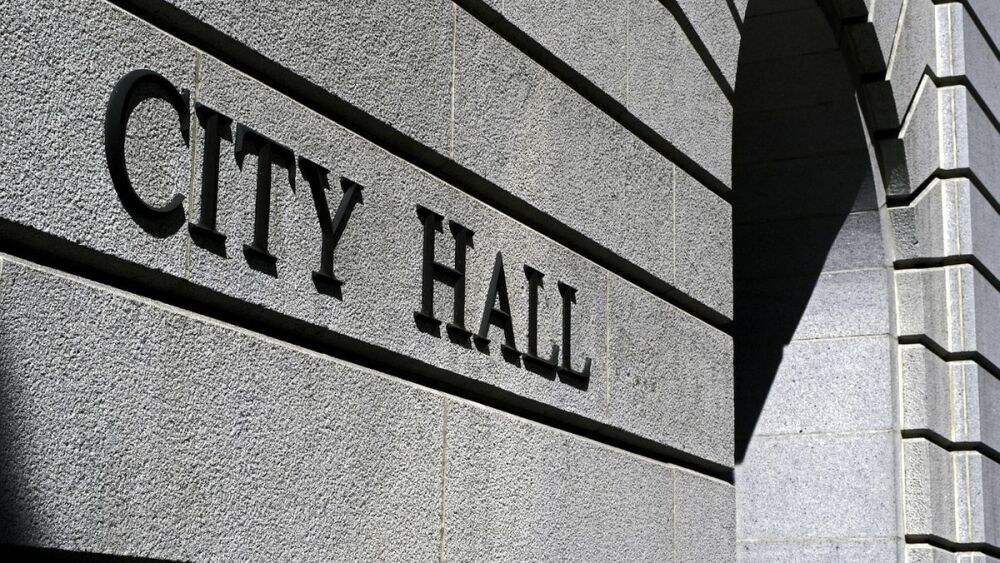By Diane Cardwell
The New York Times
MACON, Ga. — For many Americans, propane is that stuff from the home improvement store that fuels backyard barbecues and patio dinners. But in a growing number of cities across the country, it is what gets children to school.
Of the top 25 school bus markets, 19 have propane-fueled vehicles in their fleets, including New York, Chicago, Houston, Los Angeles, Miami, Philadelphia and Phoenix. Boston just bought 86 of the alternative-fuel buses for the fall, while in the Mesa County Valley district in Grand Junction, Colo., administrators recently signed a five-year, $30 million contract that includes 122 propane buses.
And here, about an hour and a half southeast of Atlanta, Bibb County school administrators are so happy with the 33 buses they started running last year that they have ordered 20 more.
“They’re healthier, they’re cleaner burning, they’re much quieter than the diesel option,” said Anthony V. Jackson, the district’s transportation director. “Right now, it’s projected that over time we’ll see significant savings.”
With tougher emissions standards looming and the constant pressure to save money, propane has become increasingly attractive as an alternative to traditional fossil fuels for some vehicles. Burning propane reduces greenhouse gas emissions by 22 percent compared to gasoline-powered buses or 6 percent compared to diesel, according to the Propane Education and Research Council, an industry-funded group.
Read the full article here.


